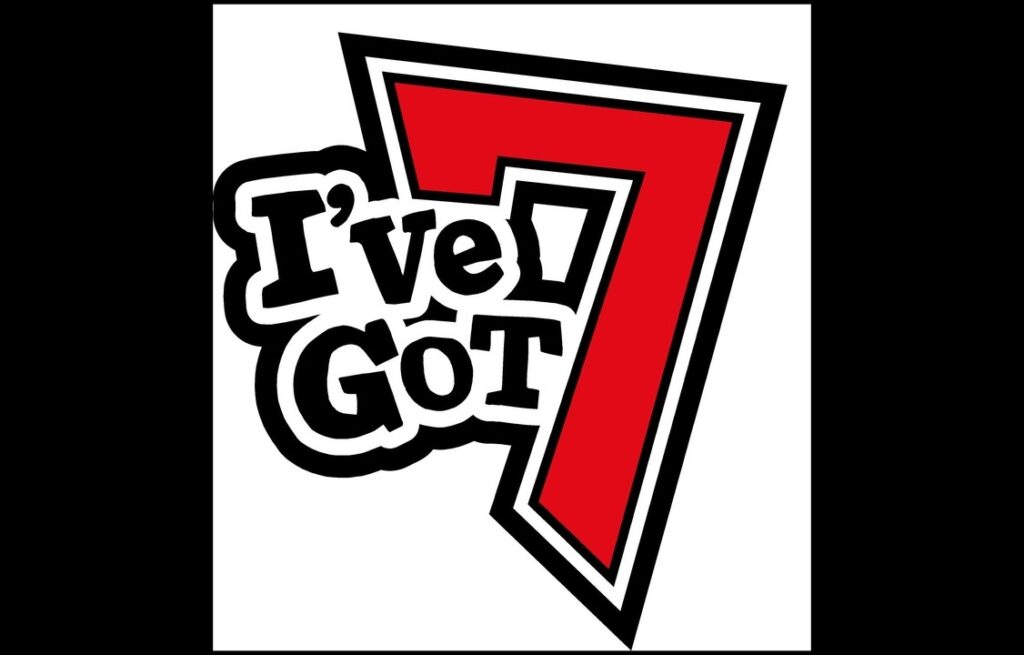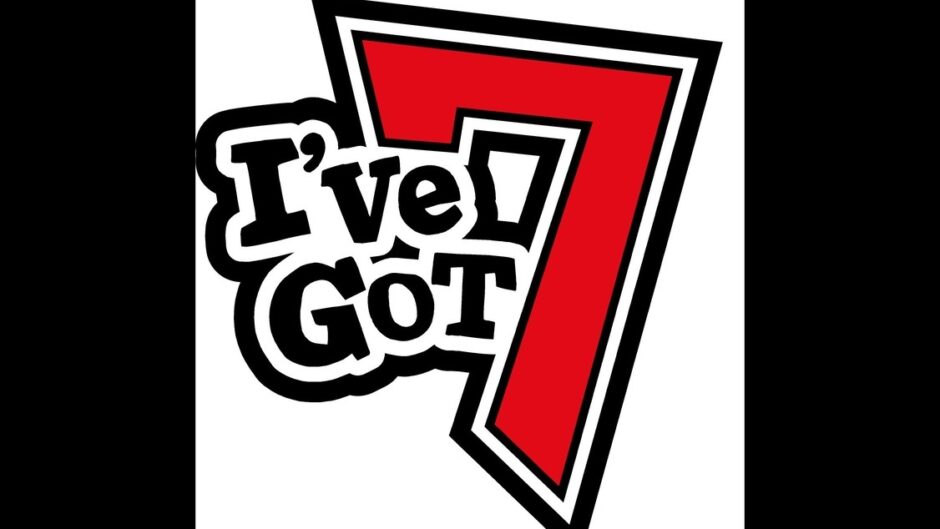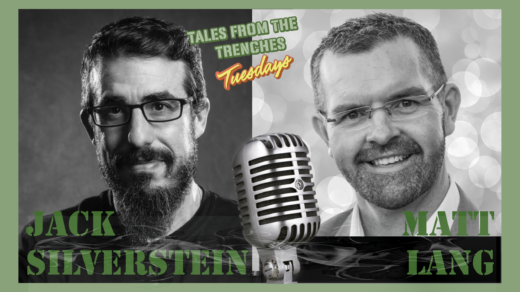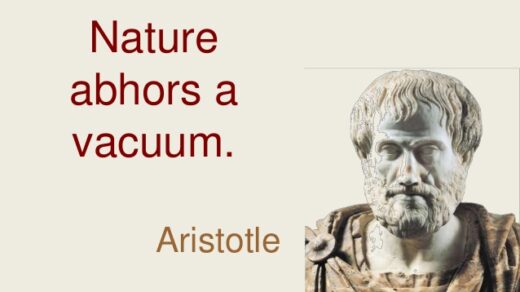
So I have been in this profession for over 20 years and I think I’ve boiled it down to seven lessons:

The number one reason that people donate to your cause is because you asked (or someone asked on your organization’s behalf). It’s a pretty simple concept, but one that is continuously overlooked. I track how much I ask for (as well as how much is received). Here’s a quick hint — if you want to raise $1 million for a campaign, you had better be asking for a heck of a lot more than $1 million!

Most donors are individuals, not corporations (I have written about this in earlier posts). I differentiate between a family run business being essentially individuals compared to a bank being a corporation. Essentially the difference is that if an individual donates (even through his company), there is a personal financial impact. If a corporation donates, it is usually budgeted for and there is no personal impact on someone’s pocketbook. Additionally, some charities count bequests as a separate line (no idea why) — again, this is individuals.

Money is merely a means to an end. (If I got $5 for every time I said that I’d be a millionaire!) People donate to your organization to try to change the world, not to buy a piece of equipment. It is our job as fundraisers to inspire the donor and take them on a journey with us.

Donors aren’t ATM machines. They each have their own set of priorities and causes that they believe in. The job of a good fundraiser is to find that sweet spot where the donor’s needs and the organization’s needs intersect. There is nothing more insulting than an organization saying to their development office “We need to raise $1 million. You have some connections to donors…..” Proven impact is what usually inspires the donor.

The personal touch matters. For every organization I have worked for, it has become vitally important for me to personally sign tax receipts (and I often enclose a hand-written note), personally call to thank donors and try to have some ‘coffee talk’ time with some of the major benefactors on a regular basis. It is the personal touch that separates the shops that are donor-centered from those that are donation centered.

In order to be a successful fundraising professional, you must be aligned with a cause you believe in. There needs to be that ‘fire in the belly’ that motivates you to wake up every morning and do the very best you possibly can for the organization. If you find an area that you are passionate about, you will undoubtedly become a stronger fundraiser for it. The converse is especially true — if you don’t really care about your organization, you will have a very hard time convincing others that they should care about it and, furthermore, invest in it.
7
There is no “I” in “TEAM (though there is both an “M” and an “E”.) The path to success only works if everyone is rowing in the same direction at the same cadence. Surround yourself with some really good people. But make sure that they complement your skillset, not duplicate them. The goal is to have as well-rounded a team as possible.
I will be off for the next little bit but will be back in September. Try not to miss me.
L’chaim
jack




